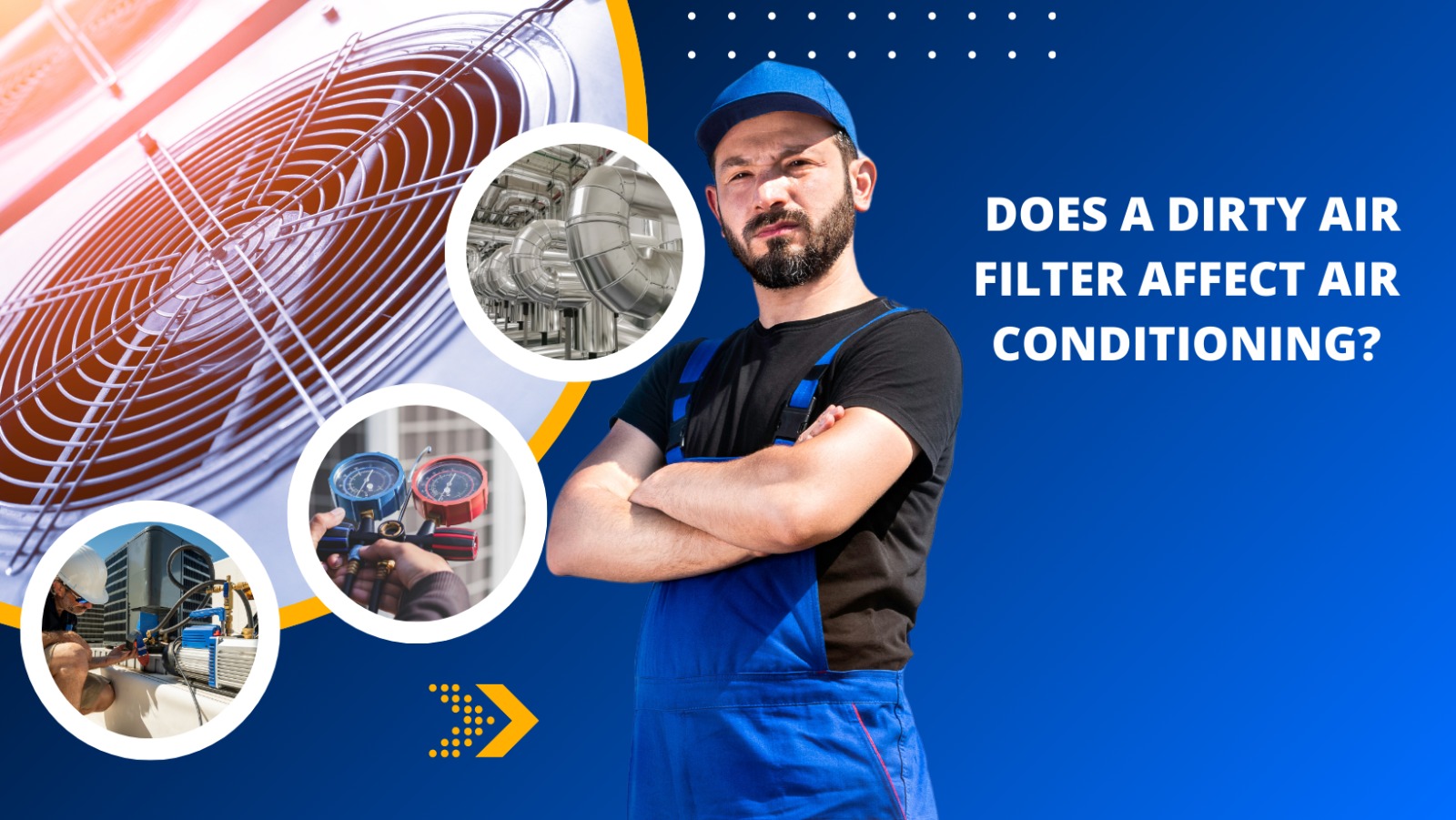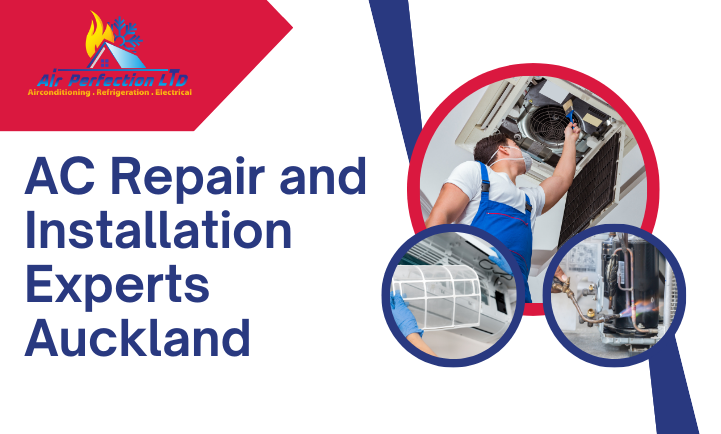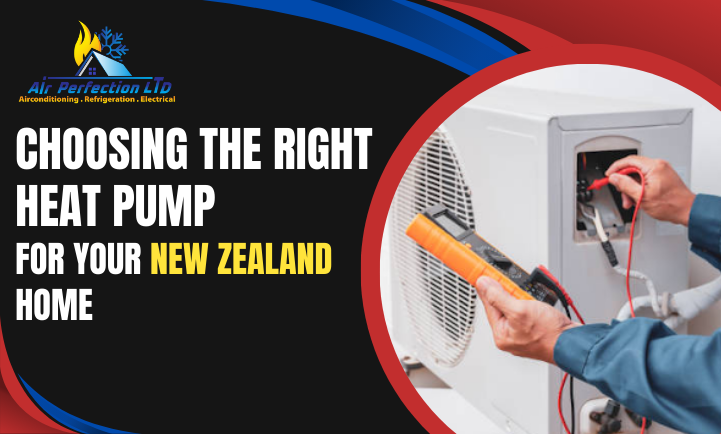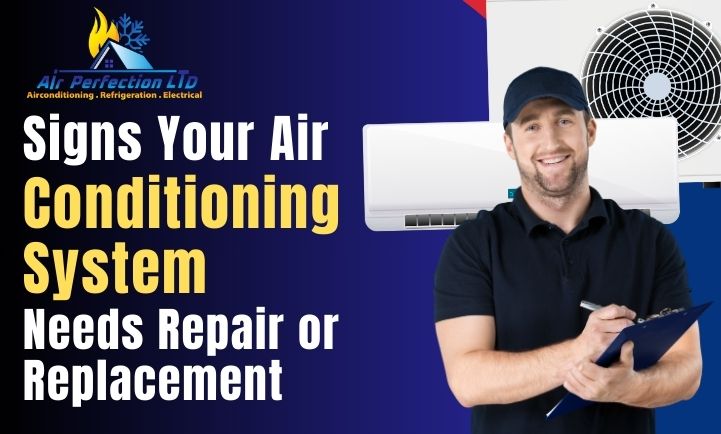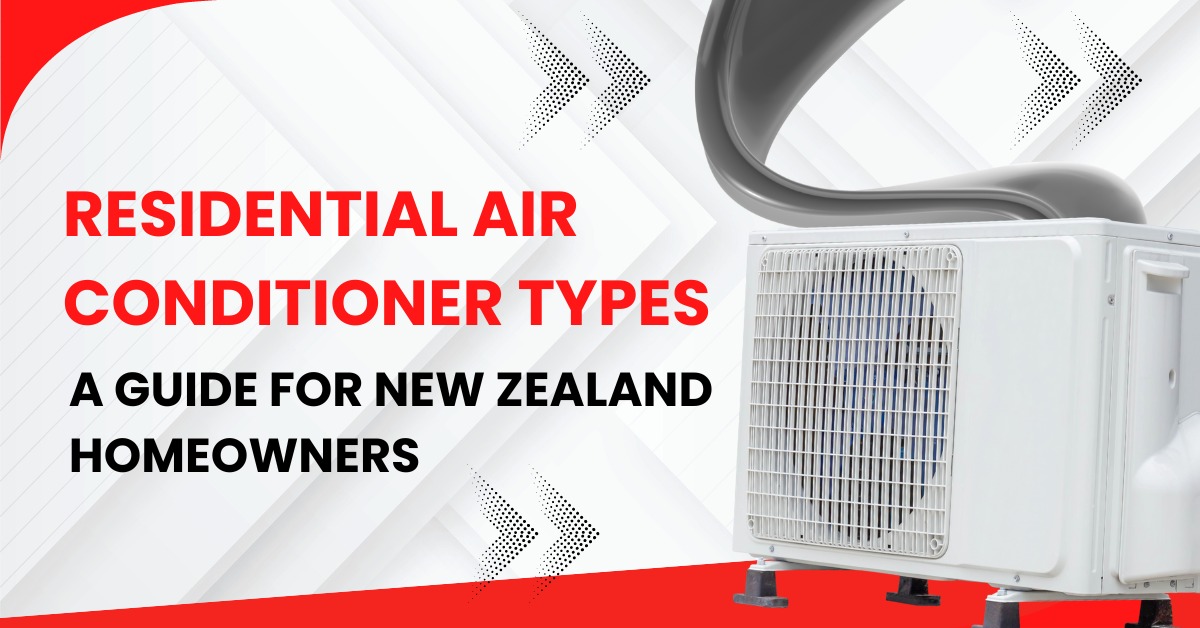Air conditioning is a vital part of maintaining comfort in our homes, especially during hot summer months. Primary function of air filter is to trap dust, pollen, pet dander, and other airborne particles, preventing them from circulating through your home and clogging the AC system. Despite its importance, the air filter is often neglected, leading to various issues that can compromise the comfort and health of your living space. Neglecting to regularly check and replace the air filter can lead to a host of problems, from reduced cooling efficiency to increased energy consumption.
A dirty air filter forces your AC unit to work harder than necessary, which can result in higher electricity bills and potential damage to the system. In this blog post, we will explore how a dirty air filter can affect your AC unit, identify the signs that indicate it’s time for a replacement, and discuss why regular maintenance is crucial for ensuring optimal performance.
What is an Air Filter?
An air filter is a component of your air conditioning system designed to remove dust, pollen, and other airborne particles from the air before it circulates through your home. These filters come in various types, including fiberglass, pleated, and high-efficiency particulate air (HEPA) filters. Each type has its advantages, but all serve the same primary purpose: to keep your indoor air clean and your AC system running smoothly. Here are some types of air filters:
- Fiberglass Filters: These are the most basic and affordable types, offering minimal filtration but sufficient for some systems.
- Pleated Filters: These filters have a larger surface area and can trap smaller particles than fiberglass filters.
- HEPA Filters: High-efficiency filters that can capture very fine particles, making them ideal for those with allergies or respiratory issues.
Must Read: How to Clean Your Heat Pump Filter
How a Dirty Air Filter Affects Air Conditioning
Airflow: When an air filter becomes clogged with dirt and debris, it restricts the airflow through the system. This restriction forces the AC unit to work harder to circulate air, reducing its efficiency. The cooling process becomes less effective, leading to uneven cooling throughout your home and longer run times for the unit.
Increased Energy Consumption: Because a dirty filter restricts airflow, the air conditioning system must use more energy to achieve the desired temperature. This increased workload not only wears down the system faster but also leads to higher energy bills. You may notice a significant spike in your electricity costs if you neglect regular filter maintenance.
Poor Indoor Air Quality: A clogged air filter can’t effectively capture dust, allergens, and other pollutants. As a result, these particles circulate throughout your home, leading to poor indoor air quality. This can exacerbate allergies, asthma, and other respiratory conditions, making it uncomfortable and potentially harmful for occupants.
System Overheating and Potential Damage: When airflow is restricted, the AC unit can overheat. Over time, this strain can cause components to wear out or even fail. This not only leads to costly repairs but can also shorten the lifespan of your air conditioning system. Regularly changing your air filter can prevent these issues and keep your system running smoothly.
Signs of a Dirty Air Filter
Recognizing the signs of a dirty air filter can help you address the problem before it leads to more significant issues.
Reduced Cooling Efficiency: If your home isn’t cooling as efficiently as it used to, a dirty air filter might be the culprit. The AC unit struggles to push air through a clogged filter, resulting in inadequate cooling.
Unusual Noises from the AC Unit: A clogged filter can cause the AC unit to make unusual noises, such as rattling or buzzing. These sounds indicate that the system is under strain and may need maintenance.
Higher Energy Bills: An unexplained increase in your energy bills can be a sign that your AC unit is working harder than necessary due to a dirty filter. Monitoring your energy usage can help you catch this issue early.
Visible Dirt on the Filter: A quick visual inspection of your air filter can reveal whether it’s dirty. If the filter appears clogged with dust and debris, it’s time to replace it.
Dust Accumulation in the Home: If you notice more dust settling on surfaces around your home, it could be a sign that your air filter isn’t effectively capturing particles.
Now you know that h9w a dirty filter can be harmful to your room environment. That’s if you want to live a healthy in organic air then regular checking of the air filters is a must. Also, you need to consult with an AC maintenance company if you want accurate and long-term results for you problems.
How Often Should You Change Your Air Filter?
The frequency of air filter changes depends on several factors, including the type of filter, household size, presence of pets, and local air quality. Here are some general guidelines:
General Guidelines
- Fiberglass Filters: Replace every 30 days.
- Pleated Filters: Replace every 90 days.
- HEPA Filters: Replace every 6-12 months.
Factors Influencing Frequency
- Household Size: Larger households may generate more dust and debris.
- Pets: Homes with pets may require more frequent filter changes due to pet dander.
- Local Air Quality: Areas with higher pollution levels may necessitate more frequent changes.
Seasonal Considerations
During peak usage times, such as summer and winter, you may need to check and replace your filter more often to ensure optimal performance.
How to Change an Air Filter
Changing an air filter is a simple task that can make a significant difference in your AC system’s performance.
Step-by-Step Guide
- Turn Off the AC Unit: For safety, always turn off the unit before changing the filter.
- Locate the Filter: The filter is usually found in the return air duct or the air handler unit.
- Remove the Old Filter: Carefully slide out the old filter.
- Check the Condition: Inspect the old filter to see how dirty it is.
- Insert the New Filter: Make sure the new filter is facing the correct direction (look for airflow arrows).
- Secure the Filter: Ensure the filter is properly seated and secure.
- Turn On the AC Unit: Restart the unit and check for proper operation.
Tips for Choosing the Right Filter
- Check the Size: Ensure the new filter matches the size of the old one.
- Consider Your Needs: Choose a filter that fits your household’s needs (e.g., HEPA filters for allergy sufferers).
Safety Precautions
- Use Gloves: Wear gloves to avoid contact with dust and debris.
- Dispose of the Old Filter Properly: Place the old filter in a plastic bag and dispose of it in the trash.
Benefits of Regular Filter Maintenance
- Improved Energy Efficiency: A clean filter allows your AC system to operate more efficiently, reducing energy consumption and lowering your utility bills.
- Better Air Quality: Regularly changing your filter ensures that dust, allergens, and pollutants are effectively removed from the air, providing a healthier indoor environment.
- Prolonged System Lifespan: Keeping your filter clean reduces strain on the AC unit, preventing overheating and potential damage. This helps extend the life of your system and reduces the likelihood of costly repairs.
- Cost Savings on Repairs and Energy Bills: By maintaining a clean air filter, you can avoid many common issues that lead to expensive repairs. Additionally, the improved efficiency translates to lower energy costs.
Conclusion
A dirty air filter can significantly impact your air conditioning system’s performance, efficiency, and longevity. By understanding the importance of regular filter maintenance and recognizing the signs of a clogged filter, you can ensure your AC unit operates at its best. Remember to check and replace your air filter regularly to enjoy better air quality, lower energy bills, and a more reliable cooling system.
Take a moment today to inspect your air filter and consider replacing it if it’s dirty. Regular maintenance is a small effort that can make a big difference in your comfort and the longevity of your air conditioning system. If you’re unsure how to change your filter or need professional assistance, don’t hesitate to contact a trusted HVAC service provider. For more tips and information on maintaining your home, check out our other blog posts!

